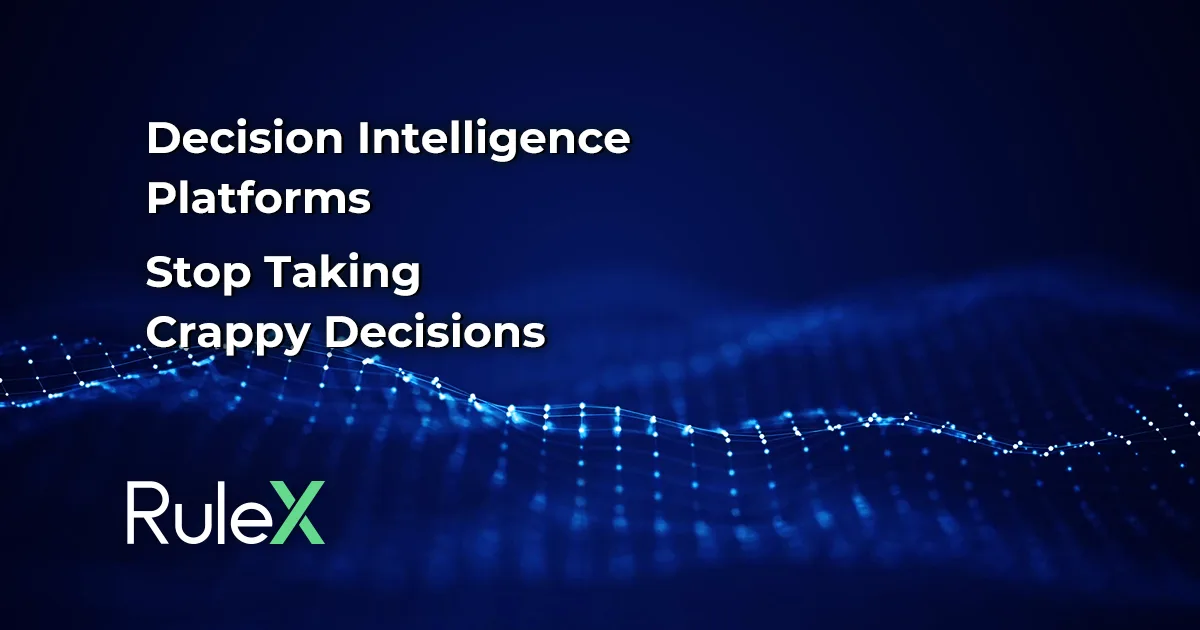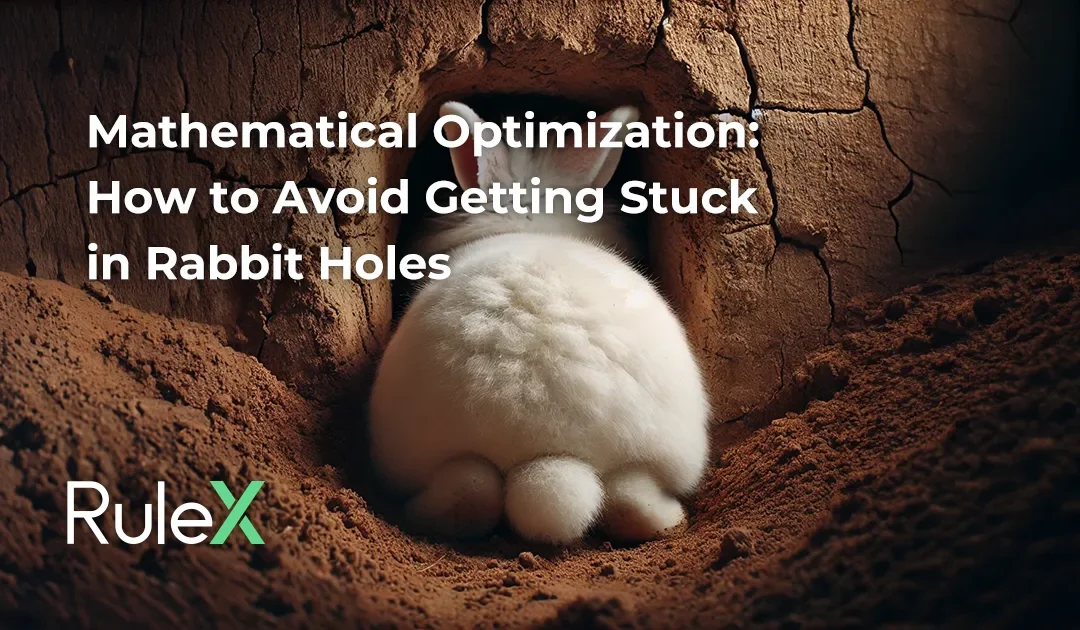How many decisions do we make every day? And how much effort is involved in making informed and logical choices? In this fast-paced world, millions of decisions must be made every minute, from sending an email to deciding how much coffee to stock for your café or determining whether the insurance claim you are reviewing involves fraud. According to a recent survey, 65% of decision-makers find making decisions more complex than it was just two years ago, and 53% said they face more pressure to explain or justify their decisions.
Sometimes, even the old-fashioned, yet still extremely valuable, approach based on experience doesn’t pay off, becoming more of a gut feeling than anything else. This happens because of the overwhelming amount of information to process and consider in order to make these decisions, as well as the complex dependencies of the factors that have led to them.
So, if some of your decisions are not as sharp as you thought, first, it is not entirely your fault, and second, technology can provide tools to improve and augment your decision-making.
What is decision intelligence?
Decision intelligence (DI) combines cutting edge technologies such as AI and mathematical optimization with human expertise to create a cohesive framework for answering key questions, such as: What will be the outcome if I take this action today, given the current context?; What actions should I take now to maximise the likelihood of achieving my goals?; What strategies can I employ to reduce costs?
Listed in their top 10 strategic technology trends of 2024, Gartner defines DI as a “practical discipline that improves decision making by explicitly understanding and engineering how decisions are made, and outcomes evaluated, managed and improved by feedback”. DI is, therefore, no different from the decision flow that you and your team create when making a decision during a meeting.
But, is DI just a buzzword? McKinsey predicts that 70% of businesses will rely on decision intelligence by 2030. So, it may be worth having a further look into the topic.
How is decision intelligence different from business intelligence?
The first question that may arise when hearing about DI is how it differs from business intelligence (BI) – the practice of presenting relevant, historical business information and querying data in visual formats. Decision intelligence can be seen as BI 2.0, diving much deeper into the inner workings of data.
Suppose you want to analyze your company’s sales. While business intelligence reveals past sales trends, decision intelligence goes further by explaining why sales fluctuated and identifying which factors were less influential. This insight helps address business challenges more effectively. In other words, DI is an action-oriented practice that provides the additional knowledge needed to elevate your business operations to new levels.
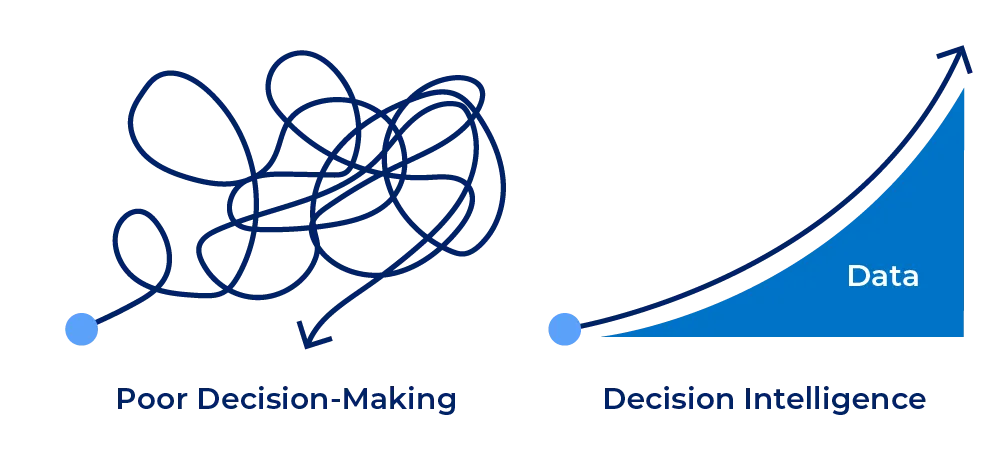
How decision intelligence platforms work
Decision intelligence platforms orchestrate large volumes of data into a unified view, leveraging cutting-edge technologies like eXplainable AI to support intelligent decisions, and then executing and automating decision flows, saving you time.
These platforms must be designed to scale solutions easily and incorporate human expertise and feedback. The key is that decisions made using decision intelligence platforms should not only be superior in quality, accuracy, and effectiveness but also augmented by a hybrid system of advanced technologies and human judgement. To facilitate this human-machine collaboration, transparency is crucial, offering clear insights into decision-making processes, so users can understand and evaluate any automated decisions.
“Inform with accurate data, decide with advanced and explainable tools, and repeat with automation” is the mantra of good decision intelligence. Listed among the top decision intelligence platforms by Gartner on the market, Rulex is an innovative platform system where these three phases are all integrated into the same workspace. This means you can create solutions to improve decision-making starting from your in-house data and following the entire process step by step.
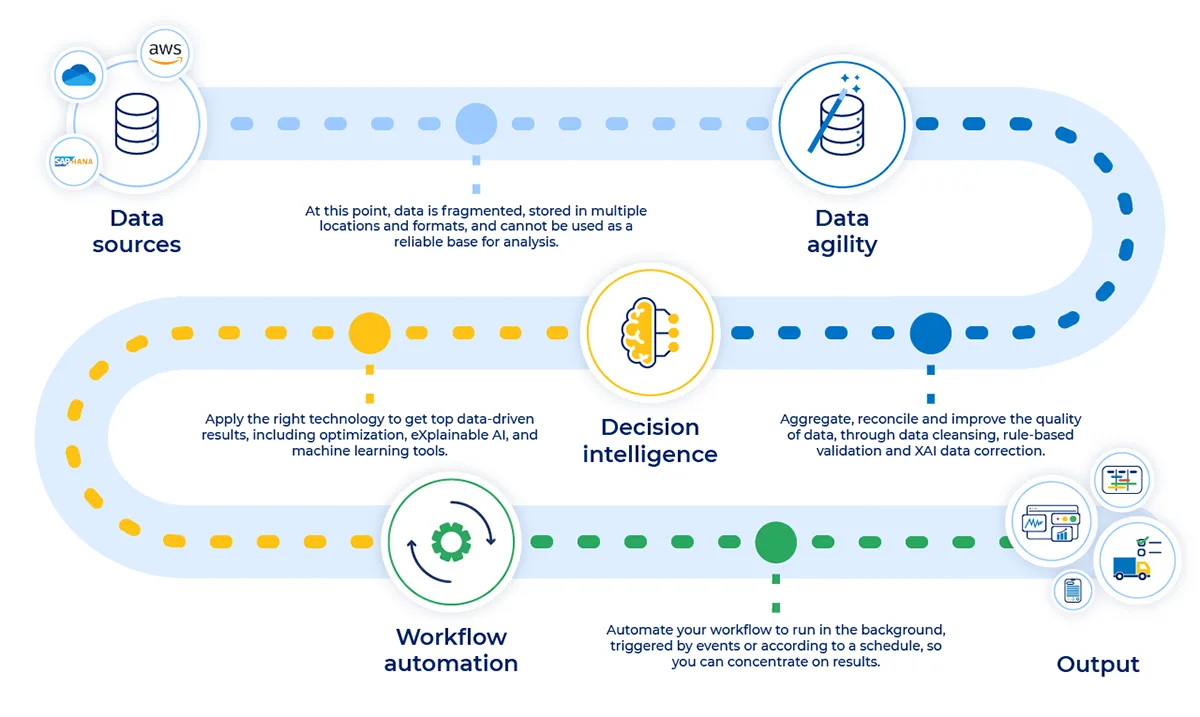
Collecting information with agility
Call it what you want; we call it data agility, meaning the capacity to collect, aggregate, and harmonize data smoothly from any source and format. But Rulex Platform’s agility capabilities do not stop there.
It also ensures your data is of top quality through a combination of data quality technologies, from traditional data cleansing to rule-based validation and AI-driven self-healing. Not only can these multiple approaches literally tackle any data quality issue, but, equally important, they can be handled and applied by citizen developers, without the need to constantly stress the IT team for help and support.
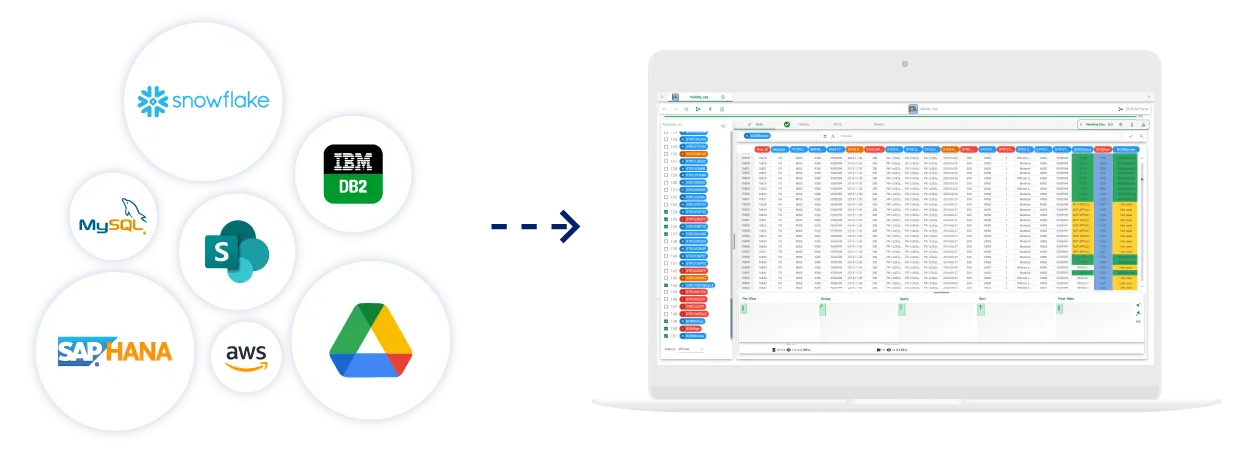
A full decision intelligence toolkit
When data preparation is done, let the fun begin. Decision making is not only about data: it’s about reaching your organization’s goals, with data as a key ingredient.
Rulex provides a comprehensive suite for an outcome-based approach. Whether optimizing logistics, making informed credit scoring decisions, or gaining insights into your product landscape, virtually any solution can be built in Rulex Platform. Additionally, its WYSIWYG graphical interface and transparent technology enable users without technical skills to design solutions independently.
Native eXplainable AI – Generates output in the form of understandable if-then rules, leading to peak performance while ensuring transparency, compliance, and adherence to ethical AI standards. Rulex’s proprietary XAI technology has resulted in multi-million-dollar savings for global corporations in areas such as customer loyalty and fraud detection.
Mathematical optimization – Finds optimal solutions for complex business scenarios by managing intricate physical and logical constraints defined in common spreadsheets. Global supply chains use this tool to minimize costs and maximize revenues in areas such as deployment, dock, and transport optimization, and even simultaneously optimizing multiple areas like warehousing and work shifts.
Business rule engine – Serves as a powerful tool for defining, enhancing and applying business rules to data. It allows users to write business rules in a simple Excel file using intuitive syntax. It has been used for advanced master data validation, lending and credit risk management, and strategic supplier diversification.
What-if scenario simulator – Forecasts the behavior of complex processes and recommends precise modifications to achieve desired outcomes without costly real-life experiments. It has been employed to reduce energy consumption, predict equipment maintenance, and improve retention strategies.
AutoML – Simplifies and accelerates data analytics through a user-friendly, guided workflow. By automating time-consuming tasks like data preparation, pre-processing, and feature selection, it facilitates seamless experimentation with multiple machine learning models. It is widely used by global financial organizations for applications such as credit scoring, wealth management, product cross-selling, and up-selling.
Decisions are human, repetition can be automated
Once you have built your decision flow and are satisfied with it, the final step is to automate it. Automation ensures smooth data flow across systems, providing up-to-date analytics, and streamlining company processes, ultimately saving time. Rulex Platform provides end-to-end workflow automation, covering everything from data collection and integration to analysis and reporting.
Finally, while many software solutions struggle to integrate with existing infrastructure without causing major disruption, Rulex excels. Both the cloud and server versions of Rulex offer a comprehensive catalog of REST APIs, facilitating smooth connections with multiple systems and services. To further enhance collaboration and efficiency, Rulex Platform provides all the necessary features to support the creation of DevOps pipelines, integrating the software with existing tool-chains.
Empowering your decisions
Making decisions is not new; we, as humans, have done it for millions of years. However, the uncertainty of today’s market and geopolitical landscape demands a quicker pace. Making faster and better decisions is crucial for maintaining a competitive edge. Rulex Platform can be your trump card, empowering your company while seamlessly integrating with your existing infrastructure and systems.
Discover Rulex Platform’s decision intelligence toolkit

